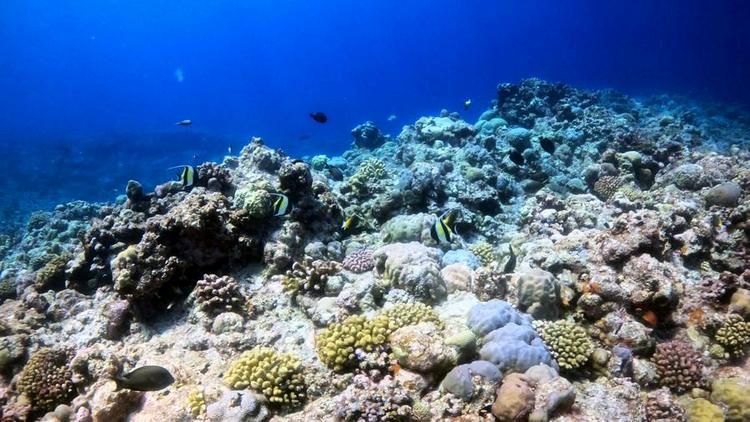Xinhua News: Chinese researchers build autonomous underwater vehicle for deep-sea microbial sampling
Xinhua
Published: 2024-10-24 14:37:17
Updated:
2024-10-24 14:56:48

TIANJIN, Oct. 24 (Xinhua) --Researchers from Tianjin University have made a breakthrough in marine biological research with the development of the country's first autonomous underwater vehicle designed for deep-sea microbial sampling.
They have conducted comprehensive tests on the performance and functionality of the vehicle at various depths of less than 1,000 meters in the South China Sea, achieving in-situ sampling and high-fidelity preservation of deep-sea microbial genes. The related project was reviewed and approved recently by experts from the Laoshan Laboratory.
The deep sea is the largest habitat within the Earth's system, home to a vast array of undiscovered microbial species and untapped resources. Its unique ecosystem, characterized by high salinity, high pressure, low temperatures and nutrient scarcity, has remained largely unexplored.
In-situ sampling of deep-sea microorganisms is essential for understanding marine species diversity and exploring the mysteries of ocean habitats.
However, traditional ship-based sampling techniques often face issues such as sample contamination, degradation and nucleic acid structural alterations. These methods are also constrained by low efficiency and high costs.
The autonomous underwater vehicle, equipped with advanced deep-sea sampling devices and environmental sensors, transitions sampling from localized, single-point and manual-assisted operations to regional, multi-point and autonomous missions. It also offers the seamless integration of sampling, high-fidelity preservation and nucleic acid preparation for deep-sea microbes.
Its several technical indicators have filled gaps in domestic capabilities in related fields, and the indicators such as maximum sampling depth, number of samples and maximum single filtration volume have reached the international leading level, according to the experts from the review panel.
The achievement can not only enhance sample quality and reduce the sampling cycle, but also boost the efficiency of marine microbial habitat research.
It can also provide decisive samples and genetic data support for the discovery and exploration of new marine microbial species, revealing the patterns and evolutionary mechanisms of marine microbial diversity, and clarifying the influence mechanisms of the microbial carbon pump and ocean carbon sequestration.
The research team plans to further tackle the technologies for deep-sea microbial sampling and metagenomic analysis, and improve the comprehensive resource database of marine microorganisms.

